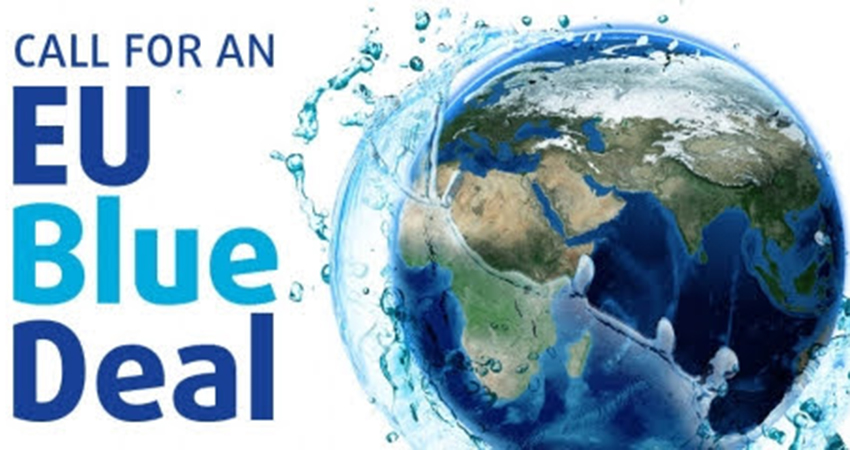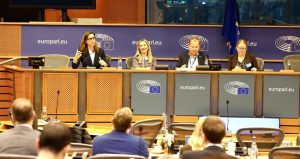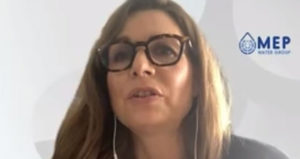Call for Blue Deal in open letter to EU

-
 Esther Rasenberg
Esther Rasenberg
Share article:
Water must become a top priority for the European Union. Without a Blue Deal there can’t be a Green Deal. This is the urgent message of an open letter that was sent this week to the European Heads of State and Government by 35 Members of the European Parliament (MEP’s) and a representative of the European Economic and Social Committee (EESC).
MEP Pernille Weiss (EPP) and Pietro de Lotto, president of the consultative commission on industrial change and coördinator on the EU Blue Deal (EESC) wrote the joint letter. According to them ‘this strategy will be crucial to protect valuable resources for present and future generations, the environment and industries’.
Recommendations
In July the EESC adopted some key recommendations for the Blue Deal. Among them were adopting a human rights approach to water management, boosting investments in infrastructure and technologies, introducing water consumption labels and price restructuring. These recommendations make up the first wave of EESC proposals for a comprehensive water policy for Europe under its Blue Deal initiative. On 26 October, the EESC will present its Call for an EU Blue Deal to the EU institutions and stakeholders.
Water-smart approach
The Blue Deal has to be carried out by the European Commission in the upcoming term 2024-2029 and should be designed with a water-smart strategy in mind, states the letter. ‘It should include a shift from a ‘siloed’ to a holistic and collaborative approach.
Vice-president in charge of water
The letter-writers also call for a EU Vice-President in charge of water dimension to better tackle the challenges we face. Europe is hit by climate change and suffers more and more from water scarcity, heat, drought, floodings and extreme weather events.
Higher costs due to inaction
The MEP’s state water remains forgotten in the value chains of waterintensive sectors, like semiconductors and hydrogen production. And they emphasize in their letter that inaction is no option is. ‘Passiveness is expected to cost five times more than the required investment to tackle water risks for the industry.’














